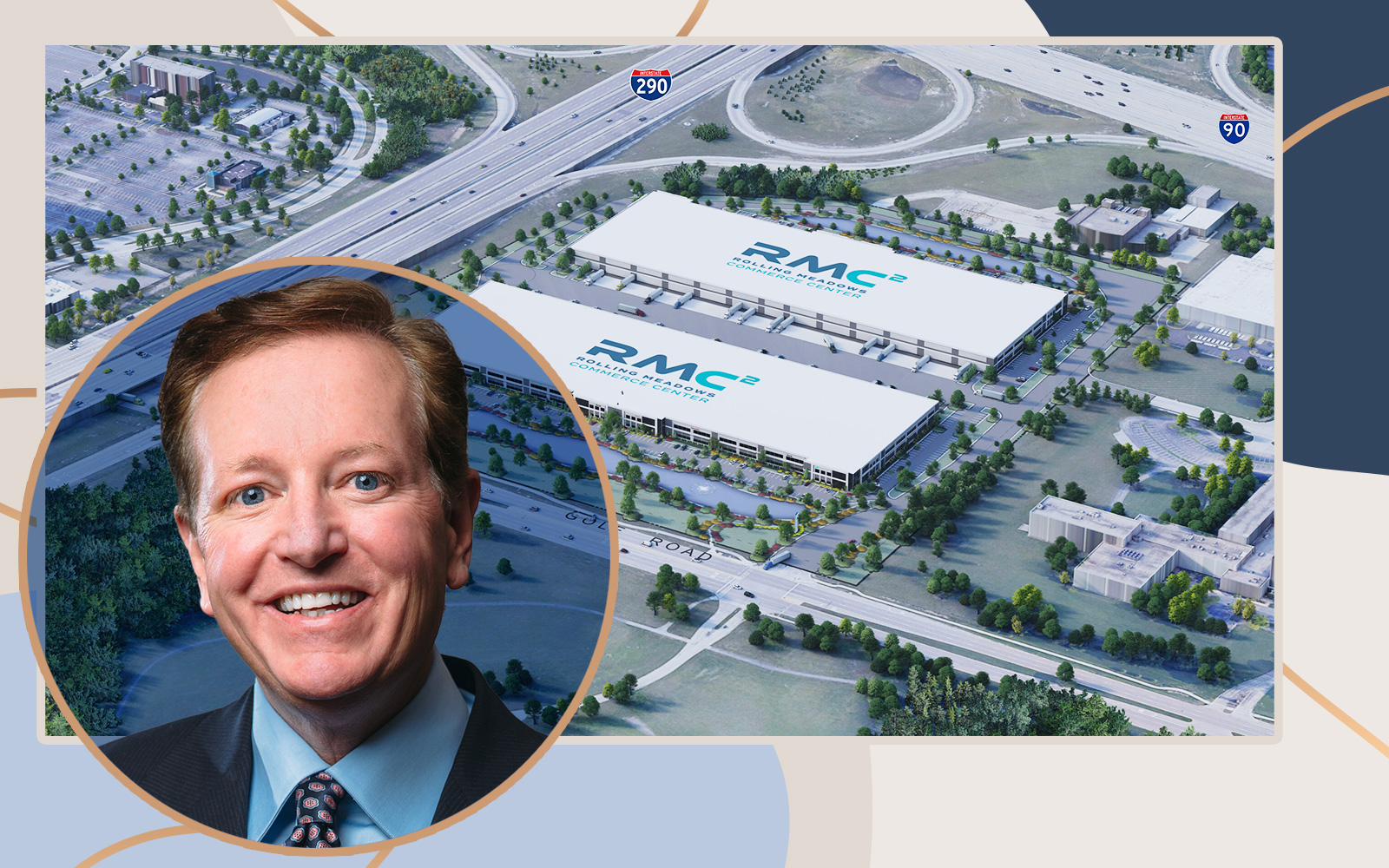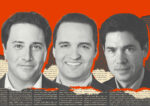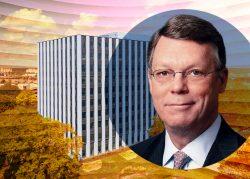A venture that owns a Rolling Meadows office building has hammered the final nail in the coffin on its investment, as it plans to hand the keys to the lender on a $23 million debt and kiss the property good-bye.
The venture, led by Chicago real estate investor Chet Balder, plans to give back the 12-story, 256,000-square-foot office building at 1600 Golf Road, Crain’s reported. Balder lost one of its largest tenants last year and stopped making payments on a $20.6 million loan balance tied to the property earlier this year.
Miami-based special servicer Rialto Capital is in the process of taking control of the building via foreclosure and implementing receivership. Rialto will oversee the property’s $22.8 million mortgage, which is slated to mature October 2027.
Rather than trying to revive its holding, the Balder venture isn’t planning to fight its lender to hold onto the property — a common theme amongst office landlords who have struggled to overcome the remote work movement ramped up by the pandemic. Office vacancies soared to new heights last quarter, and the demand for office space remains low. Plus, high interest rates and a tight lending climate have compounded the issue in more recent months, forcing many landlords to sell their properties at a loss, hand the keys back to lenders or deal with foreclosure litigation.
The Golf Road office building barely stayed afloat last year, as its net cash flow of $1.9 million was just enough to cover the Balder venture’s $1.4 million debt service for 2022. But Verizon, one of the building’s largest tenants, vacated its 43,000-square-foot space, and trying to fill that void is a daunting task in today’s market. In addition, Bank of America’s 93,000-square-foot lease is set to expire at the end of this year, the outlet reported.
Luckily for the Balder venture, which bought the property for $16 million in 2015, it refinanced the property with the existing mortgage in 2017, when the building was appraised at $33 million. The cash-out refinancing move allowed the venture to pull money out of the property without selling it, easing the pain of surrendering the building.
— Quinn Donoghue
Read more



